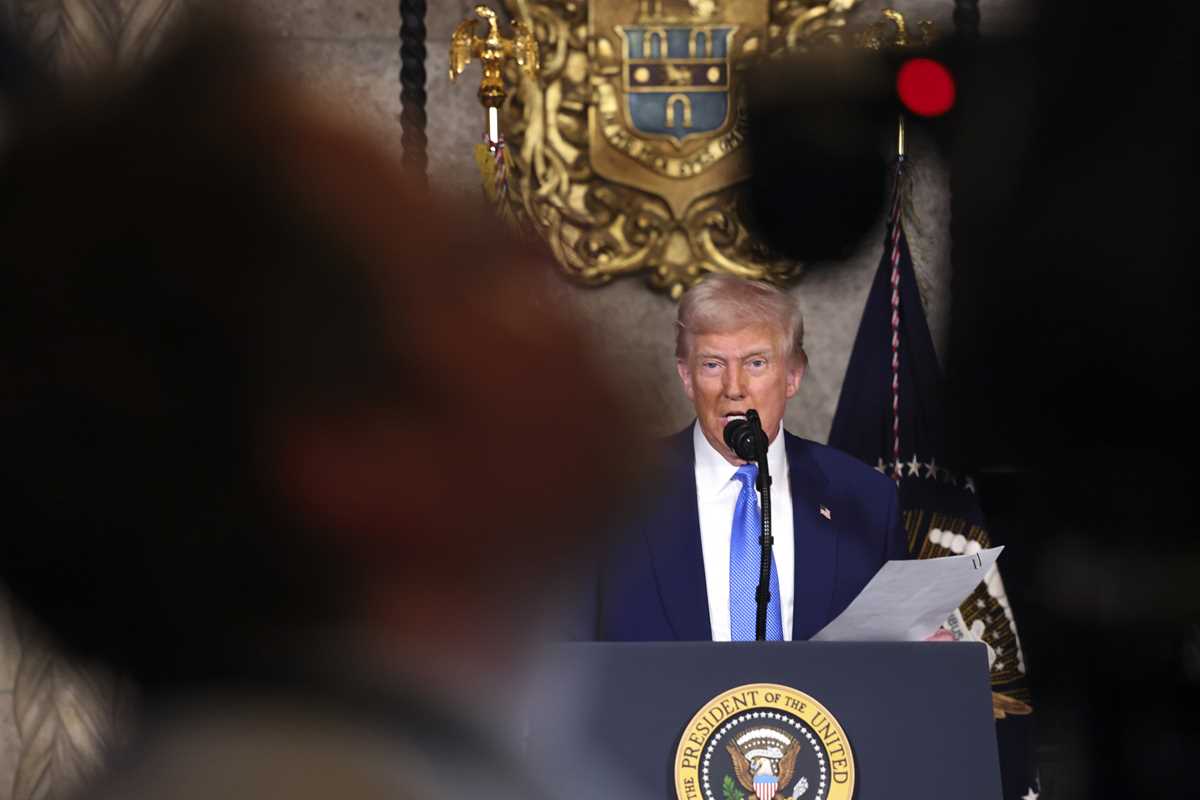Elon Musk's Role: Controversial Advisory Powers
The controversy surrounding Elon Musk's advisory role in DOGE raises questions about government efficiency and power dynamics, as the White House clarifies his non-administrative status.
Published February 19, 2025 - 00:02am

Image recovered from marketbeat.com
The tumultuous relationship between the White House and Elon Musk regarding the Department of Government Efficiency (DOGE) has become a focal point of political and legal disputes. Contrary to widespread assumptions, Musk is not the administrator of DOGE but serves as a senior advisor to President Donald Trump. This clarification was provided by the White House amidst ongoing litigation, reinforcing the stance that Musk does not wield formal authority over federal operations, despite suspicions of his influential role in the agency's activities.
Musk's involvement with the DOGE team has sparked significant legal contention, with several Democratic states initiating lawsuits aimed at restraining the group's access to government systems. These states contend that Musk holds too much power, influence that supposedly contravenes constitutional guidelinessince he is neither an elected official nor confirmed by the Senate. A particular hearing highlighted by U.S. District Judge Tanya Chutkan exhibited skepticism regarding the Justice Department's claims about Musk's limited authority, suggesting that his role might be more substantial than officially stated.
The White House's legal documents framed Musk as a figurehead without real decision-making power. Joshua Fisher, director of the White House's Office of Administration, filed affidavits accentuating that Musk's function is purely advisory, likening his capacity to that of any other White House advisor. Despite his elevated public persona and significant influence on high-tech initiatives, Fisher insists that Musk merely relays the President's directives and provides counsel but does not independently make governmental decisions.
The establishment of DOGE in January, through a presidential executive order, envisioned a modernization and efficiency drive across federal agencies, tasked with scrutinizing and eliminating unnecessary spending. Musk's prominent endorsement of these efforts, coupled with his active engagement across social media and public platforms, initially fostered perceptions of his leadership role. Musk's parallel promotion of the cryptocurrency Dogecoin, often humorously associated with DOGE, further fueled media curiosity and public misconceptions of his formal position.
Notably, the DOGE initiative is structurally distinct from the White House Bureau, raising questions about jurisdiction and operational autonomy. The Trump administration asserts that DOGE's operations are intended to streamline and enhance government productivity rather than dismantle core services. However, the involvement of high-profile figures like Musk has led to erroneous narratives about a tech mogul-led shadow administration pulling the strings behind closed doors.
Critiques from political analysts question the transparency and accountability of such advisory roles within the presidential advisory framework. The ongoing lawsuits emphasize the constitutional implications of appointing individuals with substantial sway without Senate oversight. Additionally, allegations of Musk exceeding his boundaries reflect wider concerns about the balance of power and the checks necessary for safeguarding democratic governance.
In light of these legal challenges, discussions about accountability and power distribution in government bodies have gained prominence. The complex dynamics between advisory roles and official government positions continue to spark debate, as observers call for clearer guidelines and public accountability mechanisms to prevent potential overreach by unelected influencers.
Moreover, the political and bureaucratic intricacies surrounding initiatives like DOGE underscore the nuanced challenges in reforming governmental processes while ensuring democratic principles remain intact. As the lawsuits progress, the debate about advisory influence and operational transparency will likely continue to shape public discourse and possibly inform future policy on governing practices.







